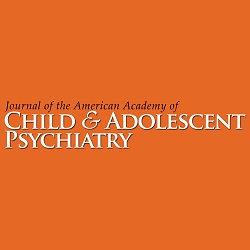Protecting Youth Mental Health During the COVID-19 Pandemic: A Challenging Engagement and Learning Process
Globally, the COVID-19 pandemic is causing extensive morbidity and mortality and is fueling psychological distress across populations. Early evidence has shown an increase in anxiety, depression and sleep problems in the general population.1
,2
Although pandemics shatter the functioning of communities and families globally, there is a paucity of studies targeting the effects of pandemics on youth mental health.
As mental health professionals, our fields have become aware of how the COVID-19 outbreak represents an extraordinarily stressful experience for youths, including how necessary public health measures may also threaten personal and collective meaning-making, and disrupt family dynamics and youths’ usual social environment. Because of the COVID-19−related school closures and social distancing measures, millions of children have been confined at home. Although families, communities, and schools have attempted to adapt, at times successfully, many children and youth have been deprived of structured support, trapped in dysfunctional family settings, and are relying largely on peer relations through the unsupervised use of social media.3
In the absence of much needed evidence, clinical experience and available evidence on stress-related disorders in emergency settings is provisionally informing clinical practice and defining the role of child mental health services during a pandemic. Although it is impossible and premature to address all aspects of pediatric mental health during the COVID-19 pandemic, it is important to begin conceptualizing what this pandemic has meant for our practice and where and how we can promote pediatric mental health during a global emergency that is not currently remitting.
Members and SHERPA Teams

Cécile Rousseau
Professor, Division of Social and Transcultural Psychiatry, Université McGill

